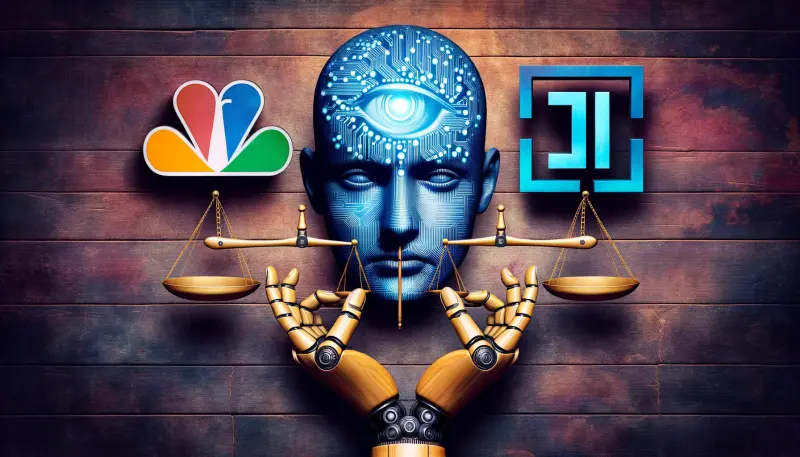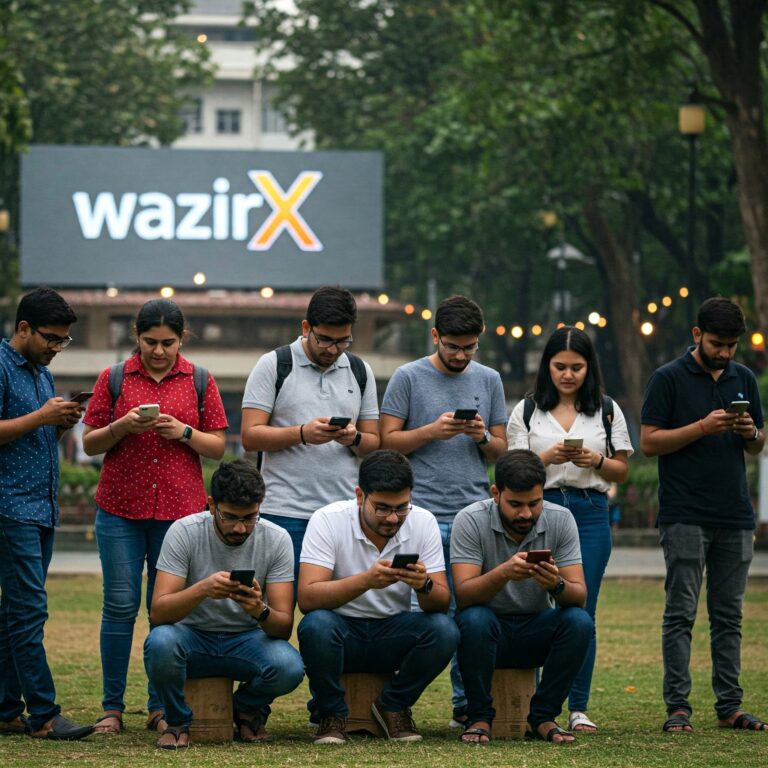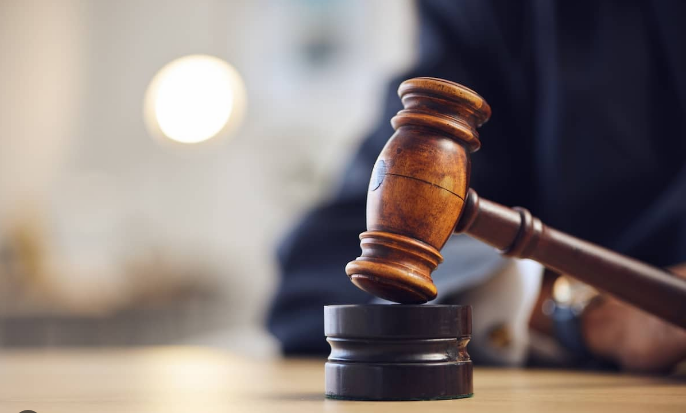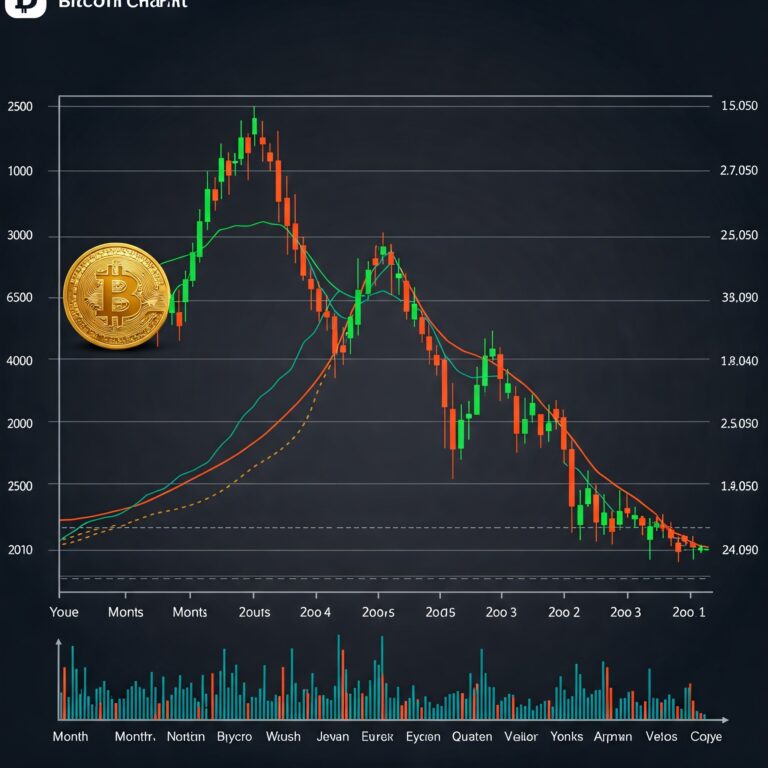
OpenAI, the company behind popular AI models like ChatGPT, is now at the center of a significant legal battle involving major corporate players in India. Media giants Adani Group (NDTV) and Ambani Group (Network18) have joined a lawsuit accusing OpenAI of copyright infringement. This lawsuit could have far-reaching implications for the future of AI technology and its relationship with intellectual property rights.
The Lawsuit: What’s at Stake?
At the heart of the lawsuit is the claim that OpenAI’s models, which process vast amounts of publicly available data, have used copyrighted content from NDTV and Network18 without proper licensing or compensation. Both media companies argue that their original content, which includes articles, videos, and other intellectual property, has been utilized by OpenAI’s AI systems in training data without permission.
The media giants contend that the training process, which involves scraping large portions of the internet, is an infringement of their copyrights. As AI technology increasingly relies on massive datasets to improve its capabilities, companies like OpenAI could face challenges in ensuring that content used for training is appropriately licensed.
Why This Lawsuit Matters
- AI and Copyright Concerns: The rise of AI models that learn from vast amounts of digital content has sparked ongoing debates about copyright. While AI models like GPT-3 and GPT-4 provide useful services, they may also raise concerns about the ownership of data used in training them. This lawsuit highlights the ongoing struggle between AI developers and content creators, particularly in industries like media and entertainment.
- Potential Industry-Wide Impact: If OpenAI loses the lawsuit, it could set a precedent for similar legal actions against other AI companies. This may lead to stricter regulations around the use of copyrighted materials in AI training, potentially reshaping how AI models are developed and trained in the future.
- OpenAI’s Response: OpenAI has yet to publicly respond to the lawsuit, but the company is likely to argue that the data used for training its models is publicly available and falls under fair use. The outcome of this case could influence how AI models are designed, with greater emphasis on ensuring that training data is sourced ethically and legally.
Potential Outcomes
- Settlement or Licensing Agreement: OpenAI may choose to settle or negotiate a licensing agreement with the plaintiffs, allowing access to copyrighted content in exchange for compensation. This could set a model for future collaborations between AI developers and content creators.
- Court Ruling on Fair Use: If the case proceeds to trial, a court ruling on fair use could establish important legal precedents regarding the use of public data in AI development. The ruling could either limit or expand the scope of what constitutes fair use in the context of AI and copyright.
Conclusion
The lawsuit brought by Adani Group (NDTV) and Ambani Group (Network18) against OpenAI underscores the complex intersection of AI technology and copyright law. As AI continues to evolve, legal challenges like this one will likely play a key role in shaping the future of both the tech industry and intellectual property rights. The outcome of this case will be crucial for AI developers, content creators, and industries looking to balance innovation with copyright protections.




